Understanding Polypropylene Woven Bags
Polypropylene woven bags are a popular packaging solution increasingly used across various industries due to their durability and lightweight characteristics. Polypropylene, a thermoplastic polymer, is derived from propylene, a byproduct of petroleum refining. This material exhibits excellent tensile strength, resistance to chemicals, and low moisture absorption, making it ideal for creating robust woven bags. The manufacturing process typically involves weaving polypropylene fibers into a tight mesh structure, which enhances the bag’s strength while still allowing for breathability and flexibility.
The versatility of polypropylene woven bags lends them to numerous applications. In the agricultural sector, they are commonly used for storing and transporting grains, fertilizers, and seeds due to their ability to withstand tough environmental conditions. Retail industries also favor woven bags for packaging products, as they provide an eco-friendly and reusable alternative to single-use plastic bags. Furthermore, these bags are employed in construction, mining, and even as bulk packaging for various goods, showcasing their adaptability in meeting diverse packaging needs.
While polypropylene woven bags are an advancement over traditional plastic bags, it is essential to consider their environmental implications. On the positive side, these bags are often reusable and recyclable, contributing to a reduction in waste when managed correctly. Polypropylene’s durability also tends to extend the lifespan of the bags, lessening the frequency of bag replacements. However, challenges remain, as improper disposal can lead to environmental harm similar to that caused by other plastic products. Thus, while polypropylene woven bags hold promise in reducing the overall environmental footprint compared to conventional plastic bags, the importance of responsible usage and disposal cannot be overstated.
Benefits and Uses of Polypropylene Woven Bags
Polypropylene woven bags are increasingly recognized for their myriad advantages across various sectors, making them an ideal choice for numerous applications. One of their standout features is their durability; constructed from high-density polypropylene resin, these bags excel in withstanding heavy loads and rough handling, making them a reliable option for storing and transporting goods. Their water resistance adds to the appeal, ensuring that contents remain protected from moisture-related damage during storage or transit.
Sustainability is another significant attribute of polypropylene woven bags. They are fully recyclable, which aligns with growing environmental concerns and the demand for sustainable packaging solutions. Businesses and consumers alike are increasingly seeking options that minimize ecological footprints, and the recyclability of these bags positions them as an eco-friendly alternative to single-use plastic bags. Additionally, polypropylene can be reused multiple times, further enhancing their sustainability profile.
The versatility of polypropylene woven bags extends to their wide array of uses. In agriculture, they serve as excellent storage solutions for grains and fertilizers. In the food industry, these bags provide safe packaging for various products, ensuring they remain uncontaminated. Furthermore, the construction industry employs these bags for sand and cement, while gardening enthusiasts appreciate their functionality for storing plants and soil.
Customization is another critical benefit that businesses can leverage from polypropylene woven bags. Companies can enhance brand visibility through personalized designs, incorporating unique graphics, colors, and logos. This branding opportunity not only increases customer engagement but also reinforces brand identity in a competitive marketplace. To maintain the longevity of these bags, it is advisable to wash them when necessary and store them in a cool, dry place, allowing them to serve effectively for years to come.

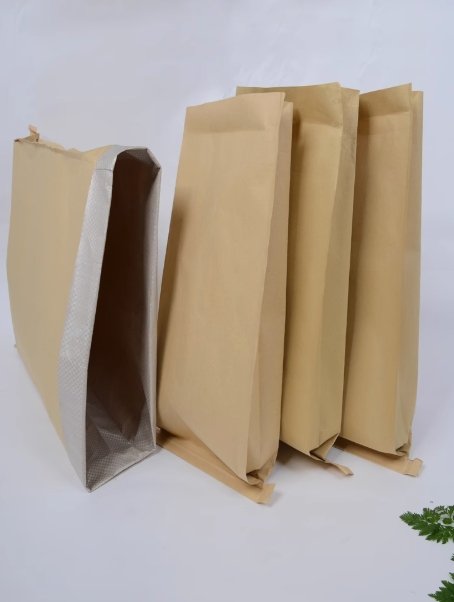
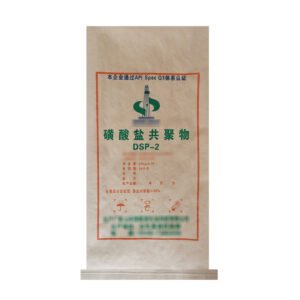
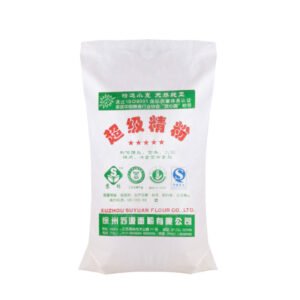
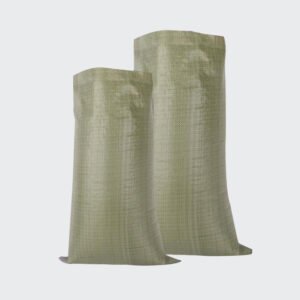
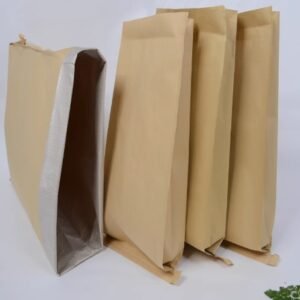
Reviews
There are no reviews yet.